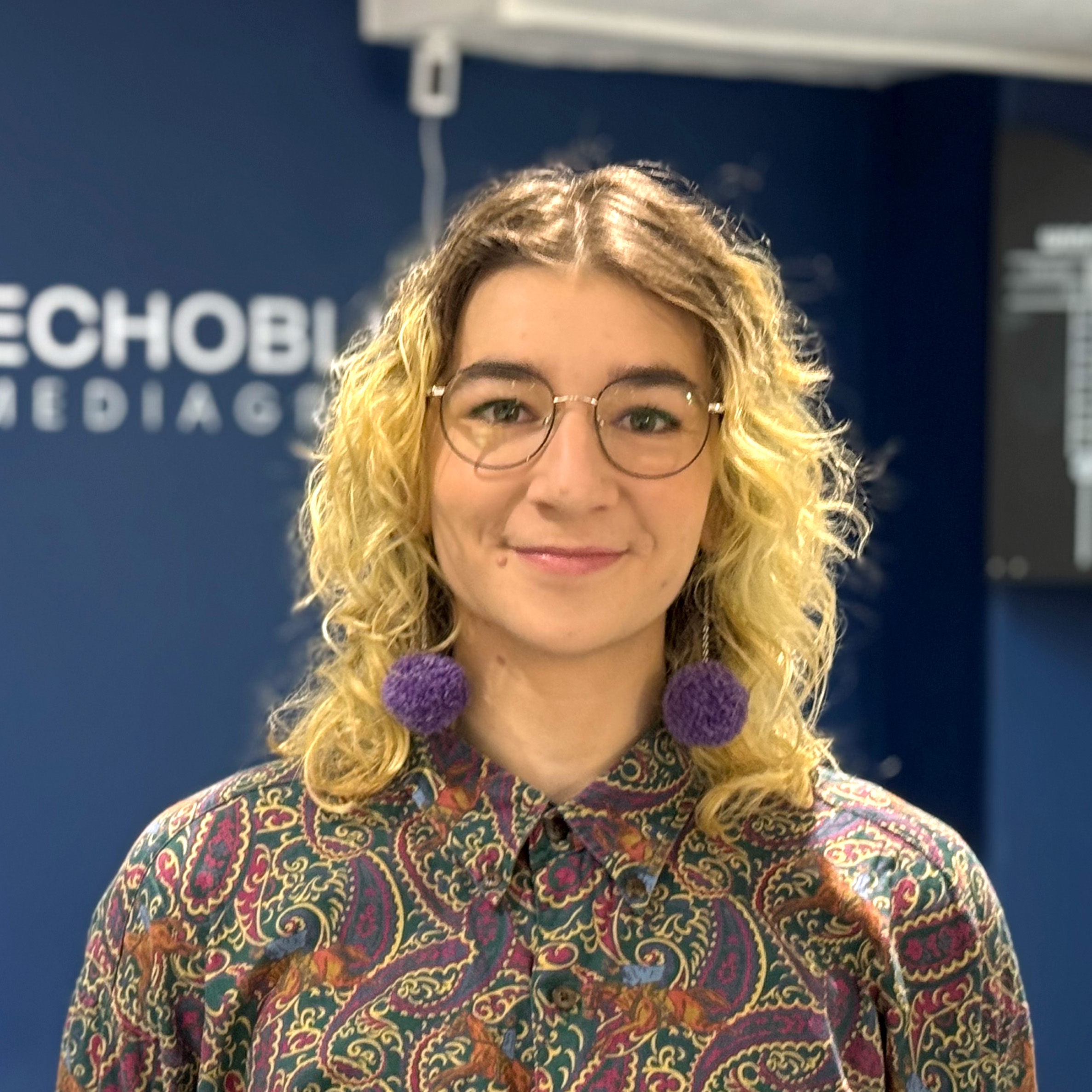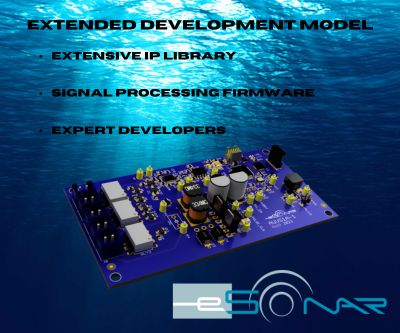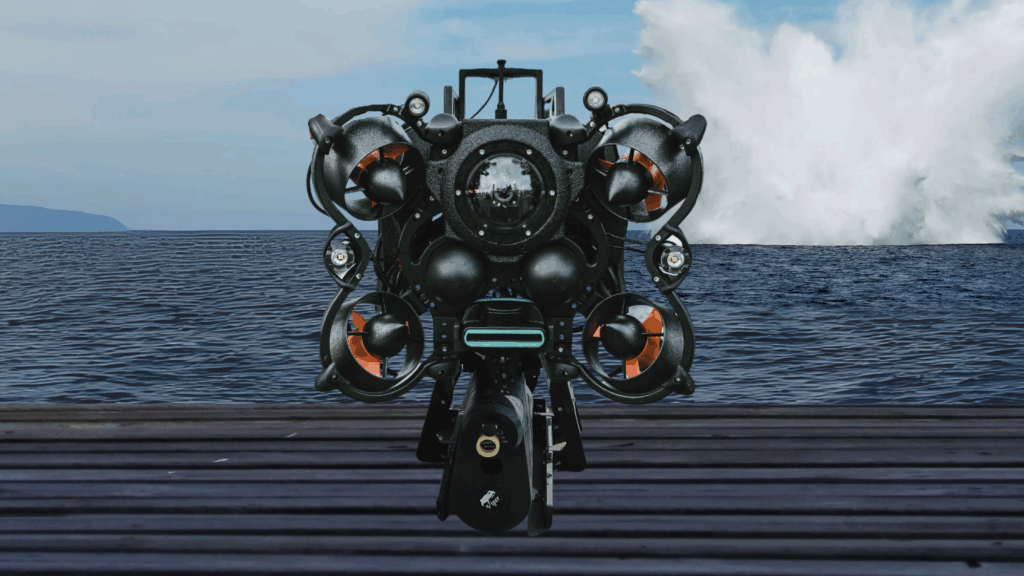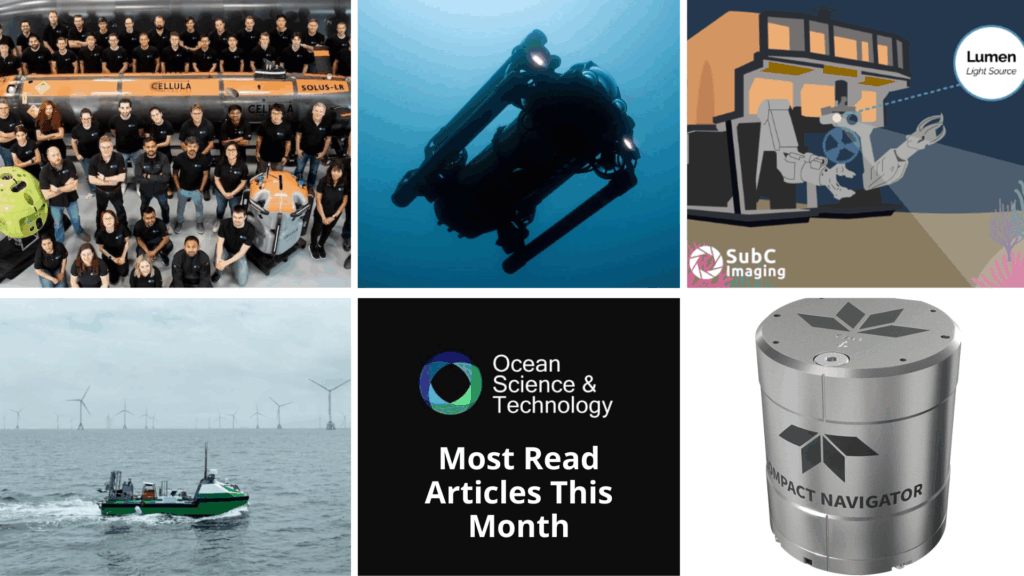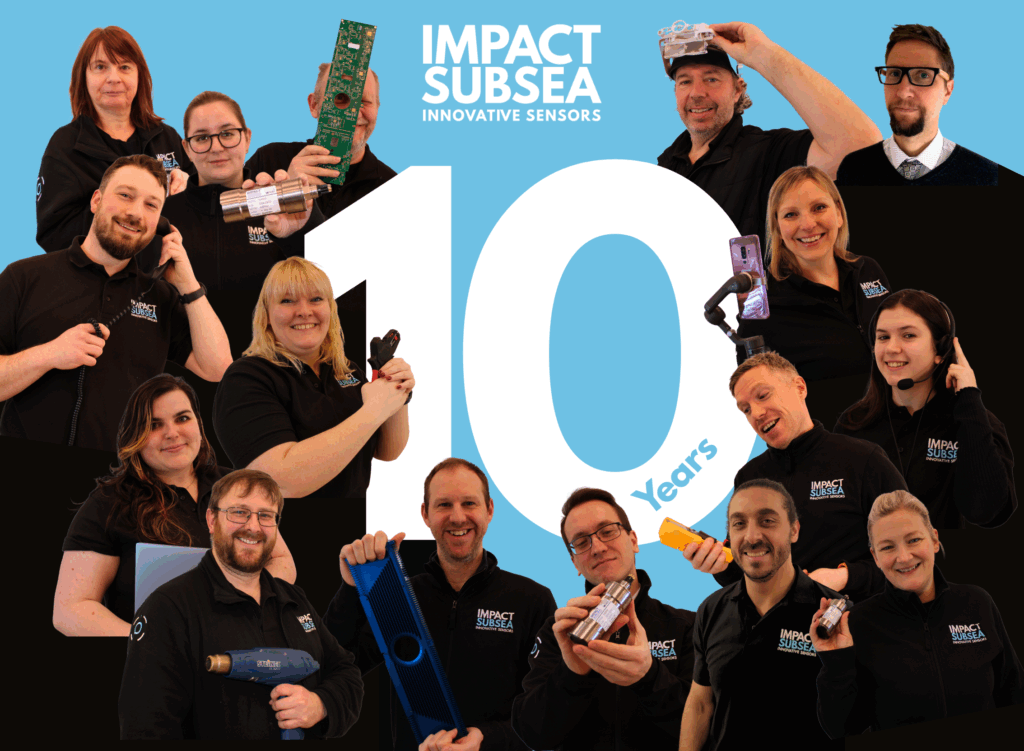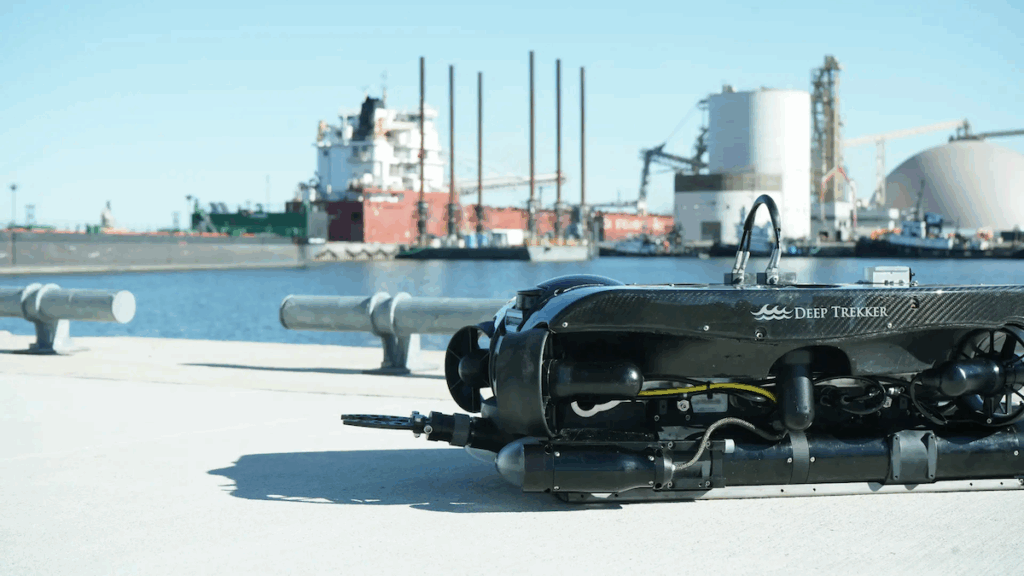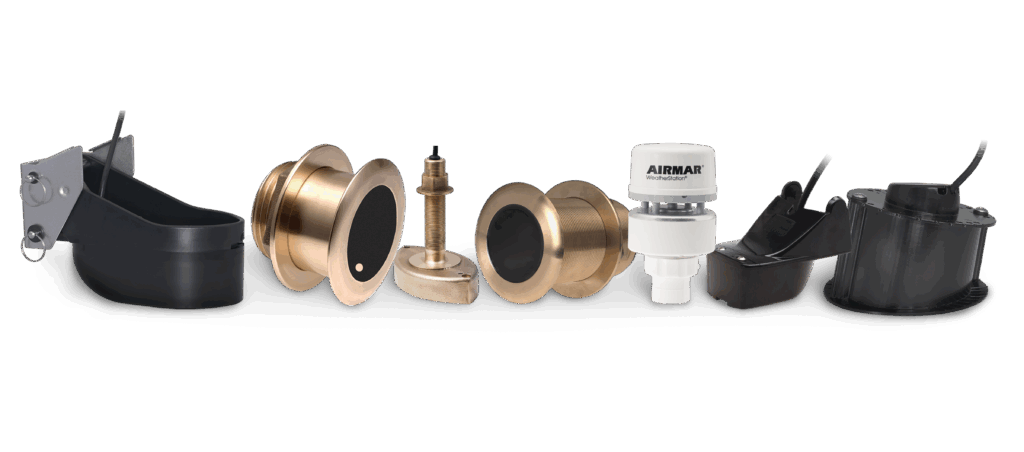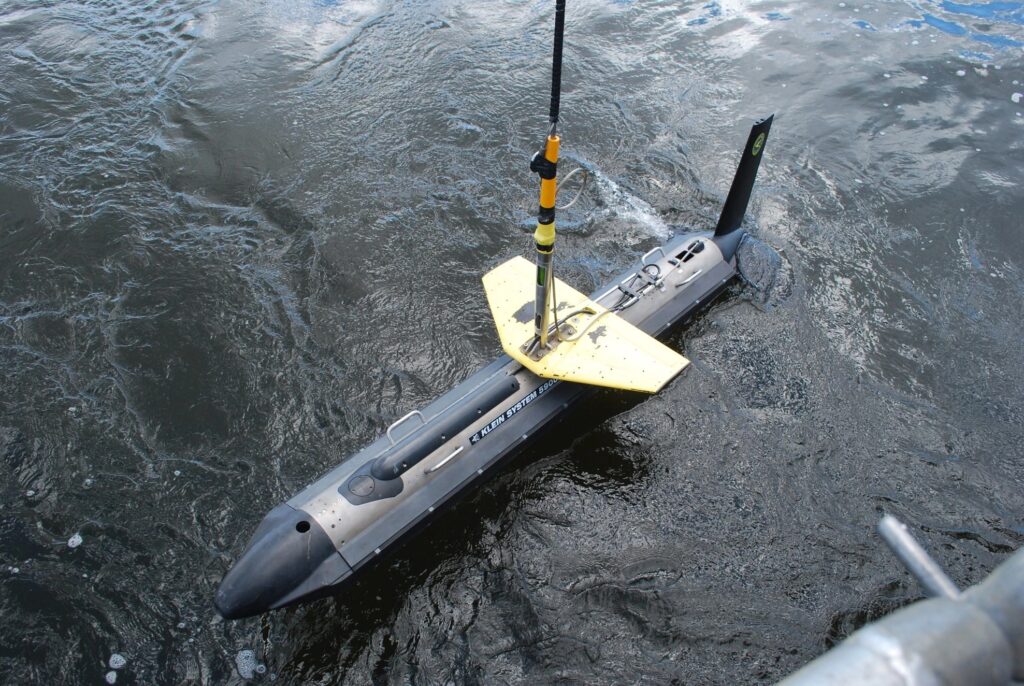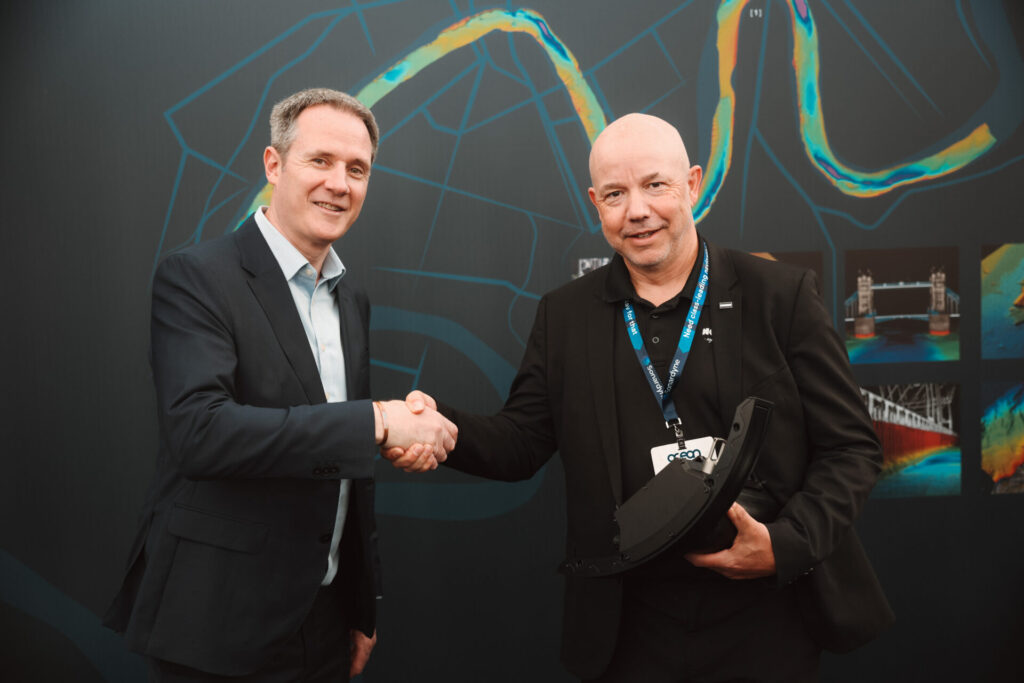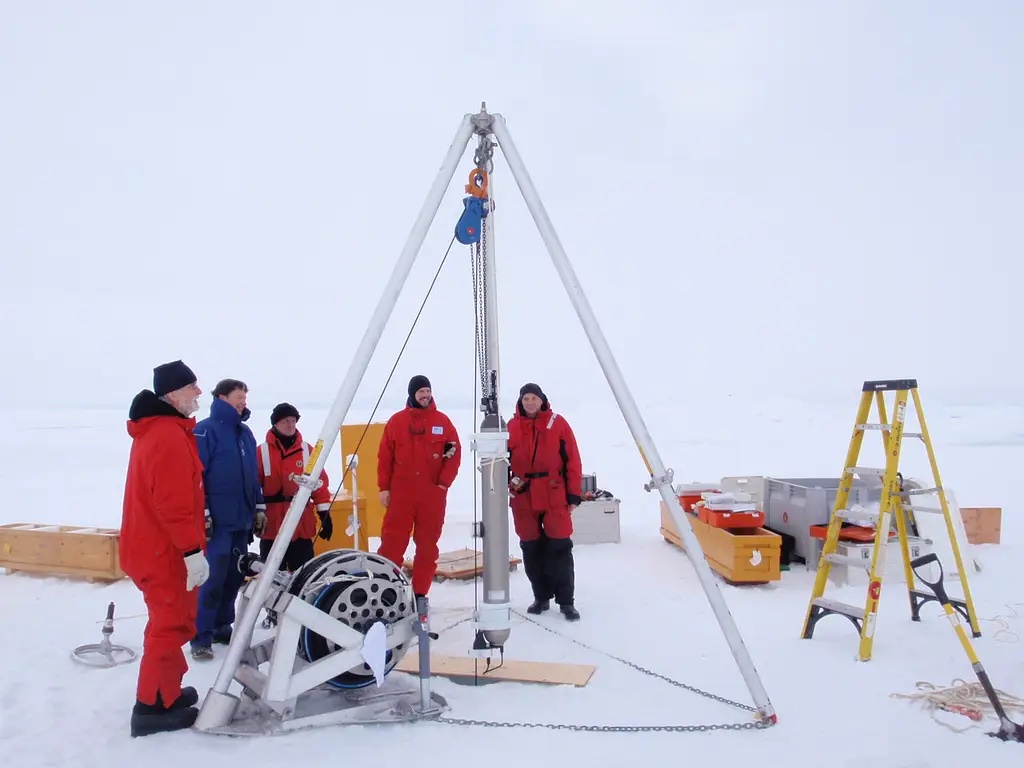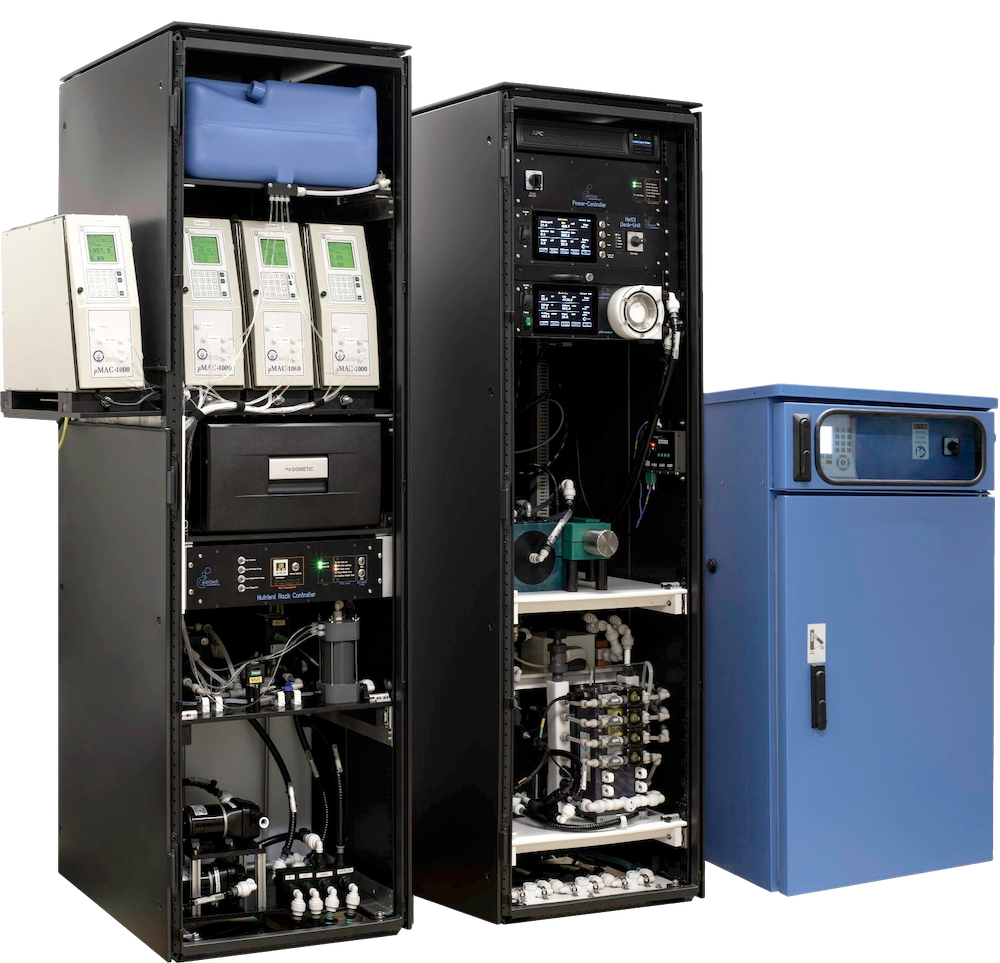
Nutrient Analysis
Discover cutting-edge solutions from leading global suppliers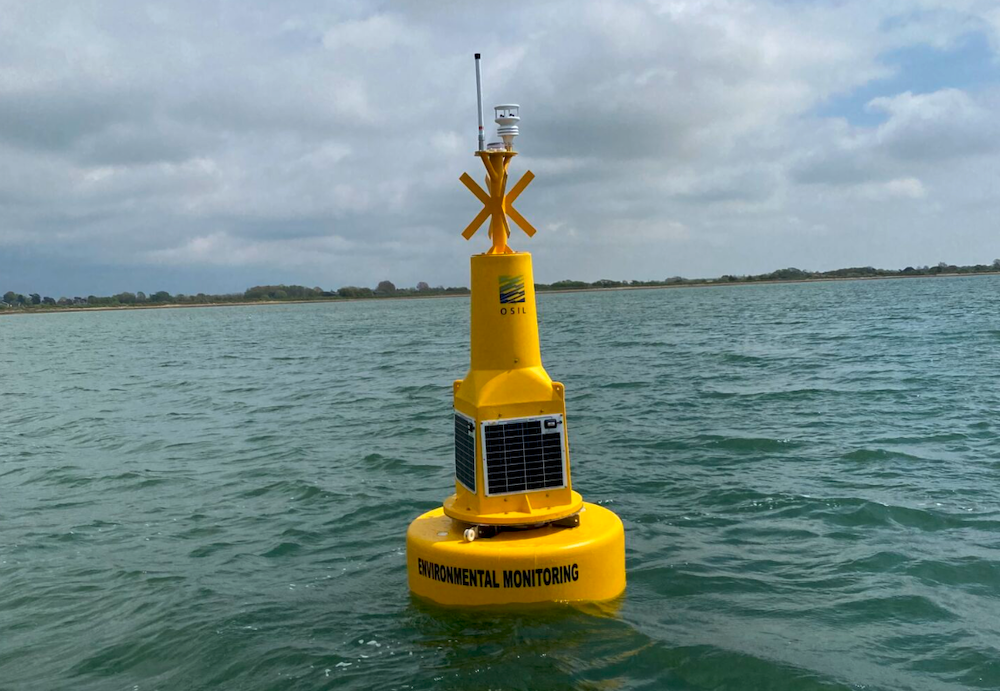
Ocean Scientific International Ltd (OSIL) have manufactured and deployed a self-contained 1.2m Tern data buoy platform to collect data for their predictive AI modelling system.
The data buoy is equipped with multiparameter water quality instrumentation, met sensors and GSM data telemetry system, and monitors local conditions for a range of parameters including coliforms, providing feedback on sedimentation, low oxygen levels, excess nutrients and effluent pollution.
The data is then validated externally by the collection of local water samples, all with the aim of improving predictions for high-coliform events.
Both the smart monitoring buoy data and the sample analysis data are then entered into an AI modelling system to look at developing specific indicators for coliform predictions, and are presented in a Graphical User Interface (GUI).
The goal is to narrow the set of parameters that are needed to model predictions for high coliform events, thereby reducing the cost of monitoring and evaluating them and enabling systems to be deployed in more locations, longer term.
The project is being funded by Innovate UK, of UK Research and Innovation, in conjunction with the Department for Environment, Food and Rural Affairs (Defra) as part of a series of innovation projects that can improve the observation capabilities of the UK’s waters, leading towards improved assessment and evaluation of the status and risks to natural capital assets and marine biodiversity.

